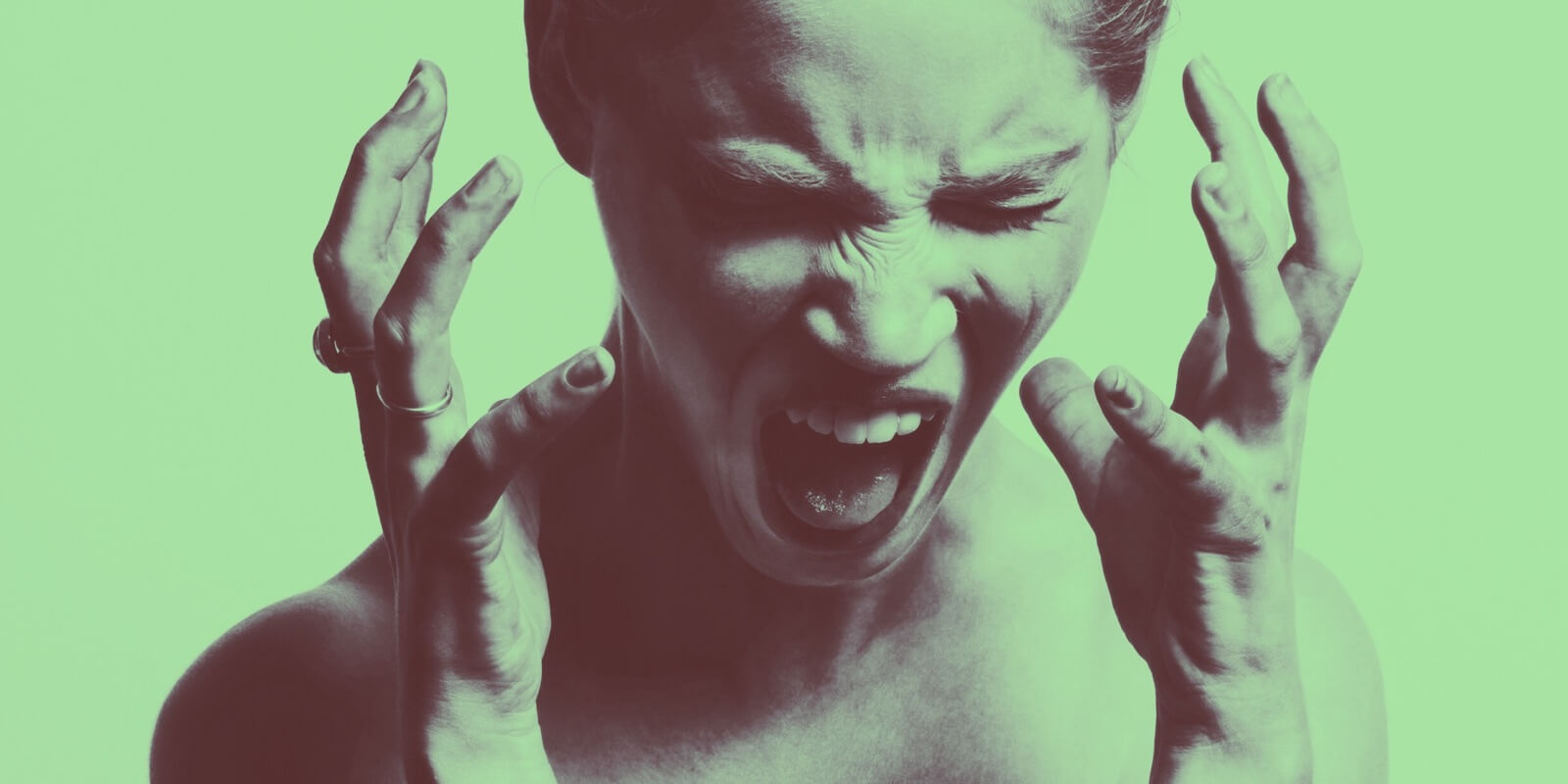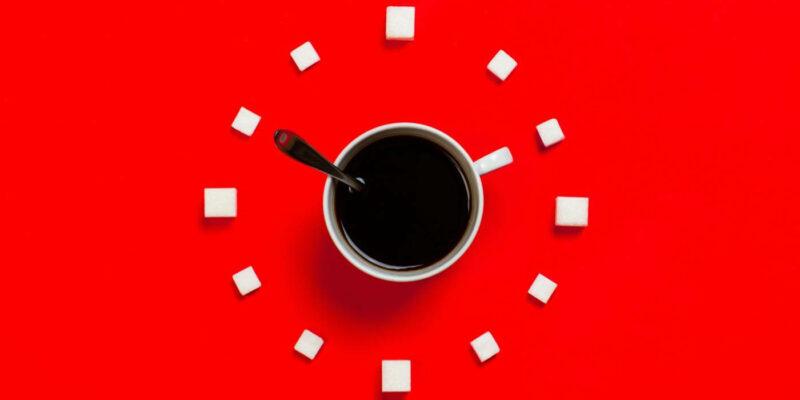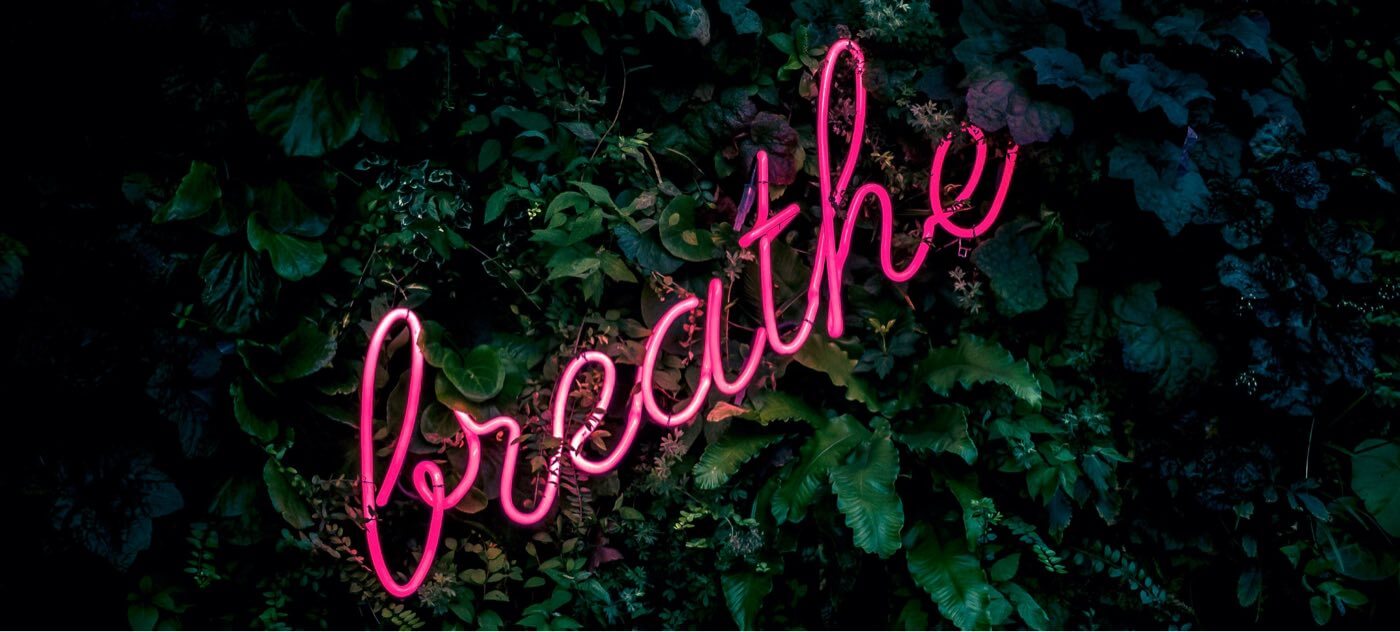There’s a simple psychological truth that no one likes to hear: Some problems, paradoxical problems, can’t be solved by trying harder.
9 times out of 10, The Rolling Stones have it right:
You can’t always get what you want. But if you try sometimes you just might find you get what you need.
In most areas of life, trying harder and applying more effort usually leads to better results:
- Studying more for exams leads to better grades.
- Running a little longer on the treadmill leads to better fitness.
- Working a few extra hours leads to a bigger paycheck.
- Having difficult conversations improves the relationship.
- Proofreading that report a second time leads to fewer errors.
This idea that more effort equals better outcomes is so baked into our culture that we’re often not aware of how pervasive and influential it is.
For most of us, we spend most of our lives either in school or working. And in both these environments, effort is not only enforced and encouraged, but it’s highly praised and rewarded as well.
In modern life, the cult of effort reigns supreme.
So much so that most of us think of the term “Hard Work” as an intrinsic good—something that has worth for its own sake, regardless of the outcomes it produces.
This is a mistake.
When Trying Harder Makes it Worse
You don’t have to spend too long in my line of work to bump into some pretty glaring exceptions to this Law of Hard Work.
As a therapist, I work primarily with people struggling with anxiety and insomnia.
One of the reasons I chose these two specialties is because of how counterintuitive—borderline paradoxical—most of the processes involved are.
Imagine the following scenario many of us have found ourselves in:
It’s been a brutally long day, you’re exhausted, and tomorrow is likely to be even tougher. You get into bed a little earlier, hoping to catch an extra hour of sleep.
And yet, despite your exhaustion, you’re wide awake, mind running a hundred miles an hour across everything from the bananas you forgot to pick up at the grocery store to the allocation of funds in your 401K.
You look at the clock, realize it’s been an hour, and you still don’t seem any closer to falling asleep. Frustration builds, along with some fear of how tomorrow will go if you don’t get some sleep.
If you’re paying attention, thoughts like these start swarming across your mental landscape:
- Why can’t I just FALL ASLEEP!
- I wish my brain would just shut off.
- The presentation tomorrow’s gonna be a disaster if I don’t get some sleep.
- Should I take something to help me knock out?
- I knew I shouldn’t have had that last beer after dinner.
The fear and frustration are stronger now and sleep seems even farther away. Now a new emotion sets in: Panic.
- What if there’s something wrong with me?
- It’s not normal to be this tired and not sleep…
- Wait a second… How come I can feel my heartbeat?
- Is there something wrong with my heart?
- Do I need to go to the emergency room?
Eventually, you do finally pass out. But no sooner than you do, it seems, the alarm’s ringing and it’s time to get up. You glance at the clock and realize—you only got 3 hours of sleep.
This example illustrates a simple psychological truth: For a certain class of problems, the harder we try the worse the problem becomes.
I call these problems Paradoxical Problems because our standard approach to solving them only makes them worse.
In the case of sleep, the more we worry about not sleeping the less sleepy we become.
When we worry, ruminate, problem-solve, and generally expend mental energy trying to do anything, we signal to our brain to go into work mode. And work mode (technically, arousal) is the exact opposite of sleep.
You can’t be aroused and sleepy at the same time.
And even though our instinctive response to any problem is to try harder (especially to think harder), in cases like this, it only makes the problem worse.
What It All Means
I used the example above to illustrate how trying harder to sleep paradoxically makes it less likely that you’ll get sleepy.
But the broader point is this:
We need to come to terms with the idea that trying harder is not always a good idea.
While expending more effort, especially more mental effort, is helpful in 9 out of 10 problems, we should accept the fact that this strategy doesn’t always work. And in fact, it occasionally makes things worse.
The implication is that we ought to be more flexible with how we approach problems in our lives and not instantly rush to start thinking and trying harder.
To a hammer, everything looks like a nail. But sometimes life gives us screws.





10 Comments
Add Yours“In Strategy the longest way around is often the shortest way there. A direct approach to the object exhausts the attacker and hardens the resistance by compression, where as an indirect approach loosens the defender’s hold by upsetting his balance”.
” Strategy: An Indirect Approach” – B. H. Liddell Hart
I like it!
A dance teacher of mine described our bodies and the healing process as non-newtonian liquids. When you apply force, it turns hard, when you soften your approach you can ease into any process.
Great points. I see a Paradoxical Problem with the “studying more” concept among my undergraduate students. Sometimes they think “studying more” means cramming more hours into one session, typically losing sleep to make that happen. I teach cognitive psychology, where we know memory consolidation benefits from shorter sessions, spaced out over time, and with quality sleep. So defining “studying” and “more” can be really helpful for my students. Turning it from a Paradoxical Problem into something achievable!
Great point, Caitlin! Studying more doesn’t always equate to studying well 🙂
When a long-standing friend unfriended me on FaceBook recently I had a realisation that many of my efforts to overcome my anxiety disorder are counterproductive. I noticed that I had an undefined, unspoken plan to heal myself, and one of the requirements on the plan was to have lots of enjoyable activities with friends. Perfectly reasonable, a bit like a sleep hygiene tip, except that it turns into ‘Oh no, how can I recover if I don’t have anyone to spend time with this weekend’ which is a massive demand and stressor. Since then, I’ve had a little laugh to myself when I’ve spotted demands I’ve placed on myself and on the world. Trying hard to put all these ‘beneficial things’ in place has been a major source of stress, rather than the things not being present or perfect.
I think when you try to force someone to give their attention to you. The more you try to get their attention the more they dont want to give it to you.
That’s a great one, Mitha! How do you think that works exactly? Why do attempts to force attention lead to less attention? Because the other person feels coerced and recoils from that?
One thing my therapist has been telling me about anxiety that I think fits this area is that trying to solve many problems associated with anxiety, such as irrational and recurring thoughts, often makes the problem worse. He suggests mindfulness – becoming aware of the thoughts and accepting the struggle and discomfort without actively engaging the thought.
Ja, couldn’t agree more!